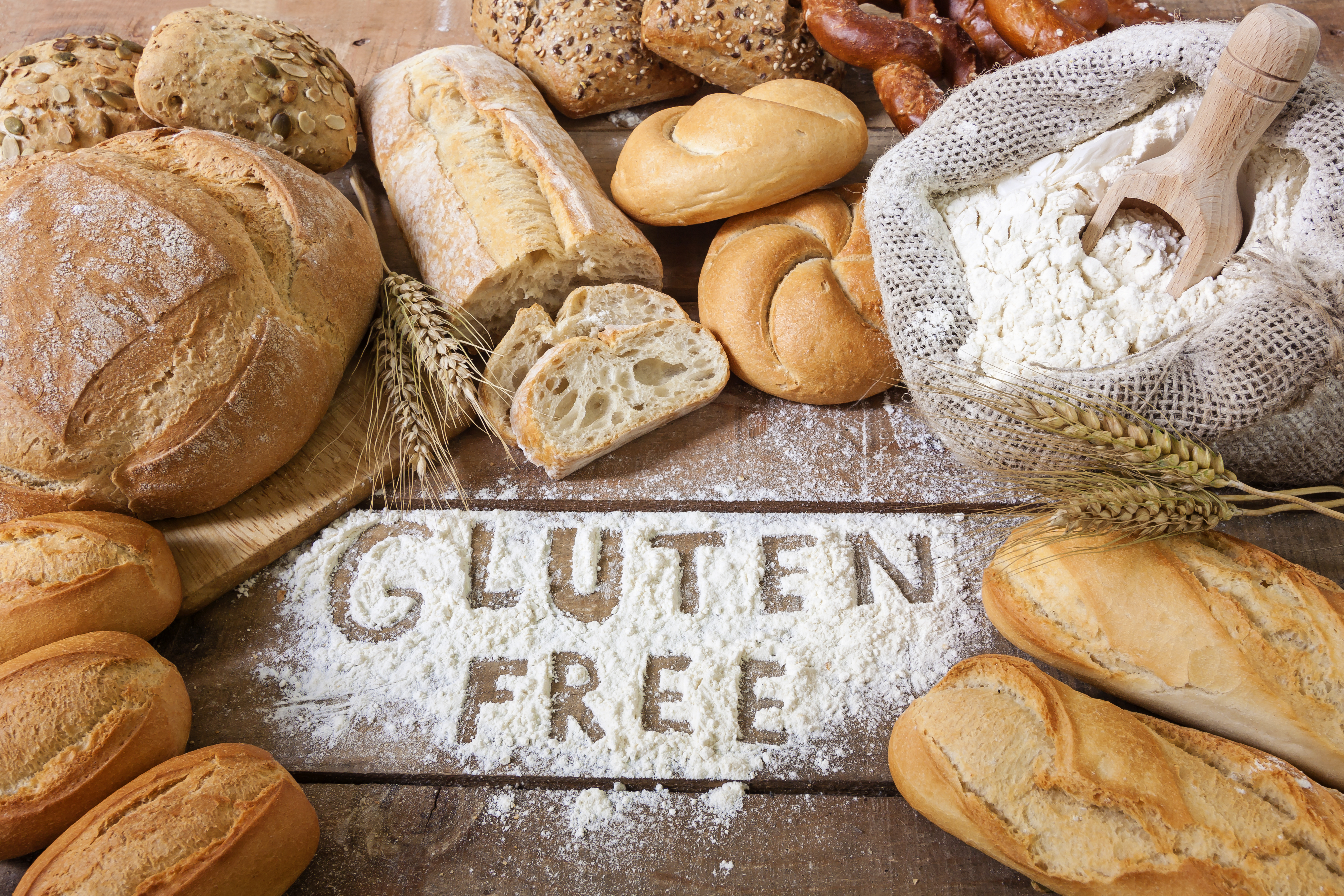Should I go gluten free?
A gluten free lifestyle has become one of the most popular diet trends in recent years. Every man (or woman) and his dog seems to be following some sort of gluten free diet and the number of gluten free products lining supermarket shelves is forever increasing. So, what exactly is gluten, why are so many people eating gluten free and should you be cutting it out of your diet too?
Gluten is simply a protein that’s found naturally in wheat, rye, barley and oats. It provides dough with elasticity, giving baked products their soft, sometimes chewy texture.
So, is gluten really that bad?
In most cases, no. However, for the 1% of the population affected by coeliac disease, eating gluten-containing foods is very harmful. Coeliac disease is an autoimmune condition where the ingestion of gluten triggers an immune response in the small intestine, causing the surface of the intestine to become inflamed. The small intestine’s main job is to absorb nutrients from the food you eat and when it becomes inflamed it makes it harder for these nutrients to be absorbed into the blood stream. Poor nutrient absorption can result in nutrient deficiencies and associated complications such as anaemia, osteoporosis, infertility and cancer. Even trace amounts of gluten can cause adverse reactions, therefore for people with coeliac disease a strict gluten free diet is not only important but 100% necessary.
While avoiding gluten is necessary to manage coeliac disease, a gluten free diet is not necessary for most. In fact, there’s nothing “unhealthy” about gluten and there’s no evidence to suggest a gluten free diet offers any health benefits.
So why do people lose weight on a gluten free diet?
Gluten itself doesn’t cause you to gain weight. What does contribute to weight gain is a high intake of highly processed, high energy foods such as cakes, biscuits and pastries. Statistics show that more than one-third of Australians’ energy intake is coming from discretionary foods, many of which are made using gluten-containing flour. Therefore, choosing to eat gluten free means that many of these high energy foods will be removed from the diet, improving diet quality and reducing your overall energy intake. Whether you’re eating gluten or not, it’s the lower energy intake that will help you to lose weight (not the removal of gluten)!
Does a gluten free diet help with IBS?
Some people state that a gluten free diet has relieved their symptoms of bloating, constipation and other tummy troubles. However, research has shown that it is unlikely to be gluten causing the problem. A study conducted on people self-identifying as ‘gluten sensitive’ showed that regardless of whether these participants were assigned to a high gluten, low gluten or gluten free diet, most of their symptoms improved when following a diet low in FODMAPs. In other words, gluten consumption did not result in any differences in the participants symptoms and limiting FODMAP intake may be a more effective approach.
Don’t ditch the gluten!
A gluten free diet is often low in fibre and therefore following a gluten free diet may contribute to constipation, particularly if the diet is low in other sources of fibre such as fruits, vegetables and legumes. The bowels need dietary fibre to work properly and following a gluten free diet can make it difficult to eat enough of it due to the removal of fibre rich sources such as whole wheat, rye and oats. Not only is fibre important to help keep us regular, it is also protective against bowel cancer, heart disease, obesity and diabetes.
So, unless you’re going gluten free to manage a medical condition there’s no need to remove gluten from your diet and gluten-containing foods can in fact be an important part of a healthy balanced diet. However, if you do decide to follow a gluten free diet it’s always best to seek the advice of a dietitian to make sure you’re meeting all your nutritional needs.


